InAsia
Insights and Analysis
Who Really Owns a River?
November 1, 2023
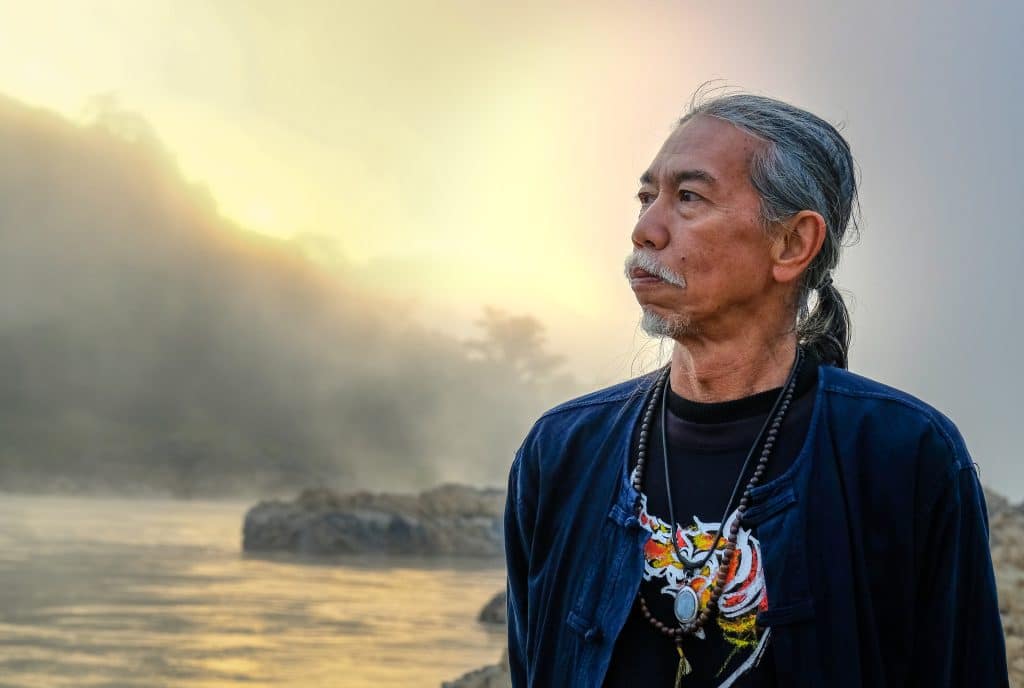
The author, Niwat Roykaew, also known as Khru Tee, is the recipient of The Asia Foundation’s 2023 Chang-Lin Tien Leadership Award and the 2022 Goldman Environmental Prize. (Photo: Goldman Environmental Prize)
Rivers are gifts of nature. Rivers have given rise to civilizations, and those civilizations depend upon their rivers and the accompanying ecosystems for their livelihoods: for water, food, bathing, community, and the benefits of the surrounding environment.
But I must convey to you the atrocities that have been committed against our beautiful natural world by the human drive for development. Natural resources and the environment have been transformed into currency. Rivers, forests, and the air have been altered and destroyed without recognizing their true value. Increasingly, rivers are “owned” by those who can extract the greatest commercial value for themselves.
On the Mekong River, the construction of dams and the blasting of rapids to create a commercial navigation channel, in the name of energy and trade, have had devastating effects on the river, surrounding ecosystems, and the livelihoods of more than 70 million people, including my own family and my community. Project developers see rivers as roadways to be improved, and the cliffs and rapids of the river channel as obstacles to commercial shipping. But the cliffs are home to local and migratory birds, the rapids are home to fish, and for us villagers, the river is our culture, our home, our life. The Mekong supports the world’s largest inland fishery, accounting for as much as 25 percent of the world’s freshwater catch and providing livelihoods for tens of millions of people.

The Mekong River in Thailand. (Photo: Goldman Environmental Prize)
Over the past 25 years, we have observed marked changes due to dam construction in the Upper Mekong and its tributaries. Currently, there are 12 dams in the Upper Mekong, and if development proceeds as planned, there will be 11 dams in the Lower Mekong.
Let me share with you the impact of the dams already built on the Upper Mekong:
-
- The flow of the river no longer follows the seasons. Water levels fluctuate continually with the opening and closing of dams. Dry seasons become wet, and wet seasons become dry.
- Vital, nutrient-rich sediment has disappeared from the river, dramatically altering the surrounding ecosystem.
- The Mekong is now one of the world’s top 10 rivers in the volume of plastics and microplastics that it carries to the sea.
In February 2020, my community was confronted with an initiative to enhance the Mekong navigation channel for cargo vessels. We discovered that this “enhancement” would alter 248 miles of the Mekong River’s natural course, affecting not only a million people in eight provinces of Thailand but also people in 10 provinces in Laos and communities in Cambodia.
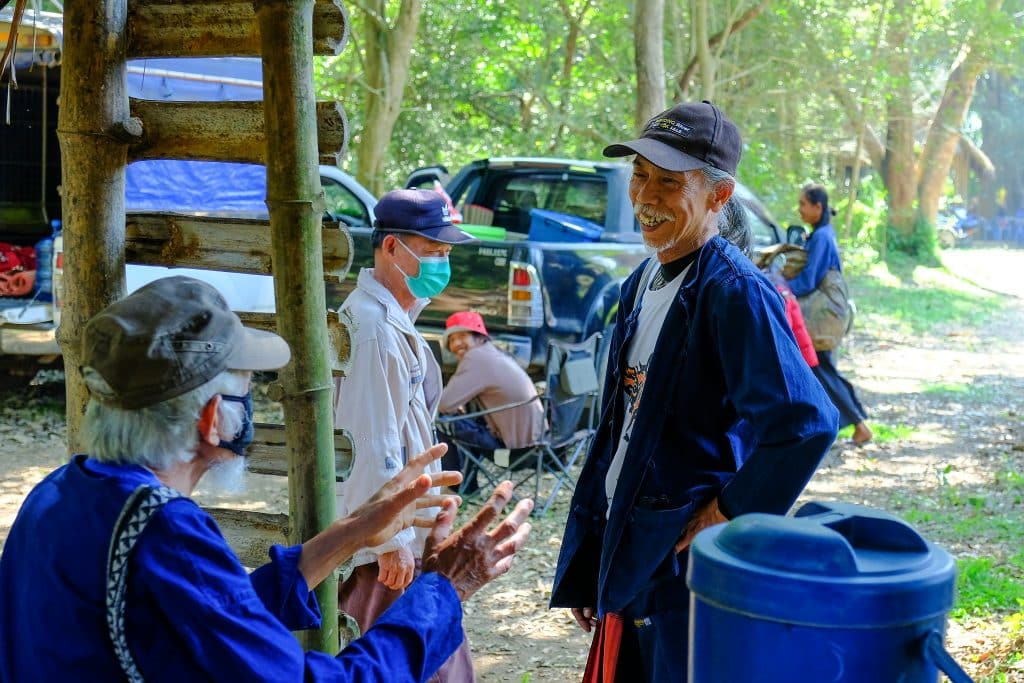
Khru Tee speaks with community members. (Photo: Goldman Environmental Prize)
I am just a teacher, but despite the odds, I set out to organize communities, mobilize demonstrations, and recruit government leaders to listen to our cause. We were able to convince the Thai government to listen to our concerns and change their plans. In a major milestone, the Thai government terminated the project to blast the rapids in the Upper Mekong River. It was the first time the government had halted an international project due to its predicted adverse impacts on local communities and the environment.
The Asia Foundation has honored me with the Chang Lin Tien Leadership Award recognizes that sustainable development requires the engagement of local groups in critical decision-making. Local communities and civil society organizations understand their local contexts and the challenges facing their communities better than anyone else, and here in Northern Thailand, my group, the Rak Chiang Khong Conservation Group, has already been working to address the challenges facing our community.
The absence of public participation and the lack of engagement by so many of the local stakeholders in Mekong Basin development have made it challenging to achieve equitable outcomes. Without mutual agreements on development among the Mekong countries, the public participation of all stakeholders is hindered.
Despite the clear negative consequences, which transcend national borders, large hydroelectric dam projects continue to multiply. People in the Mekong Basin demand an end to destructive dam construction, solutions for the devastated basin, and healing for the Mekong River and its people.
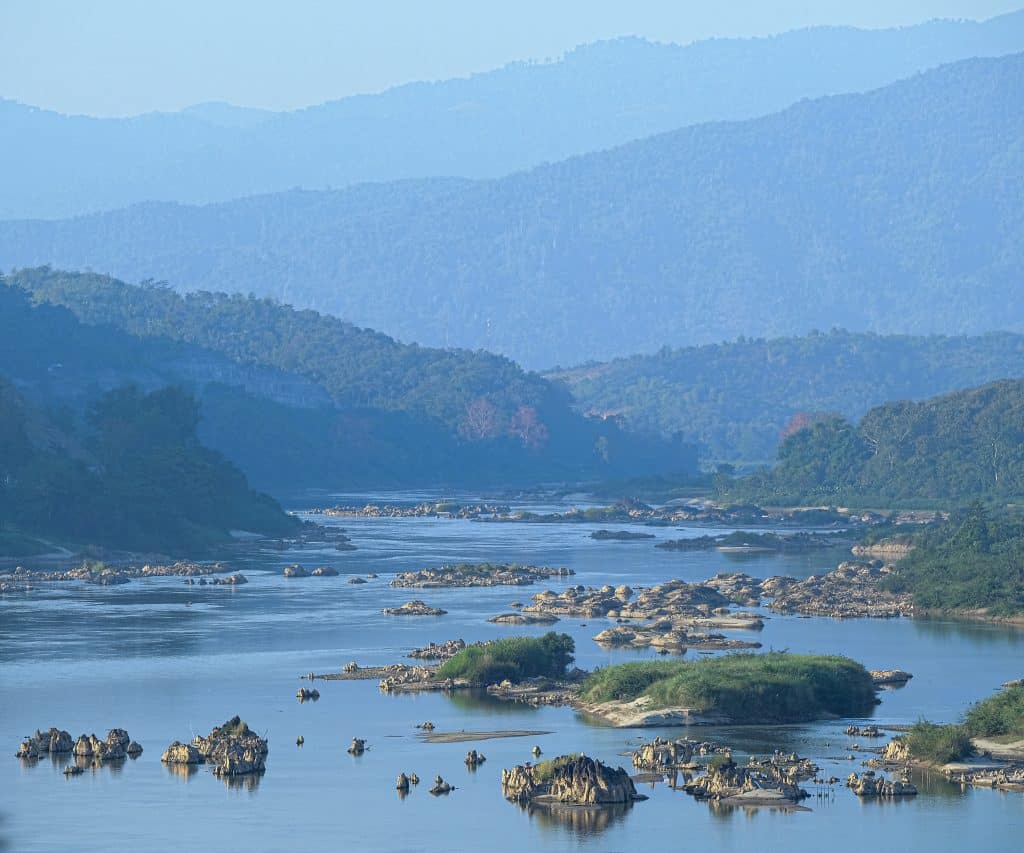
The Mekong River in Thailand. (Photo: Goldman Environmental Prize)
These demands require a renewed understanding of the importance of nature. For development to be sustainable, it must strike a balance between human needs and the requirements of the natural environment, which can only be achieved with the participation of civil society in making decisions and shaping development policies. This is more important than ever now, in the face of the rapid and severe climate change happening on our planet.
For the survival of the future world, we must walk towards a world that belongs to all of us, where there is no yours or mine.
Niwat Roykaew, also known as Khru Tee, is chair of the Rak Chiang Khong Conservation Group and director of the Mekong School’s Institute of Local Knowledge, in Chiangkhon, Thailand. He is the recipient of The Asia Foundation’s 2023 Chang Lin Tien Leadership Award and the 2022 Goldman Environmental Prize. Boonthida (Kam) Parnnui is a senior program officer in The Asia Foundation’s Thailand office. She can be reached at [email protected]. The views and opinions expressed here are those of the authors, not those of The Asia Foundation.
1 Comment
About our blog, InAsia
InAsia is posted and distributed every other Wednesday evening, Pacific Time. If you have any questions, please send an email to [email protected].
Contact
For questions about InAsia, or for our cross-post and re-use policy, please send an email to [email protected].The Asia Foundation
465 California St., 9th Floor
San Francisco, CA 94104
The Latest Across Asia
News
April 25, 2024
Program Snapshot
April 18, 2024
News
April 17, 2024

2024 Lotus Leadership Awards
The Lotus Leadership Awards recognize contributions towards gender equality in Asia and the Pacific

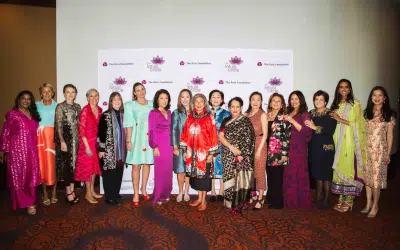
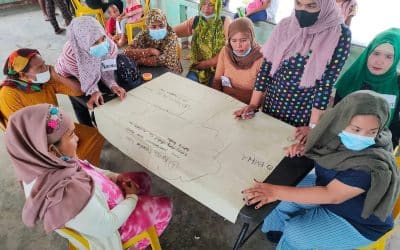
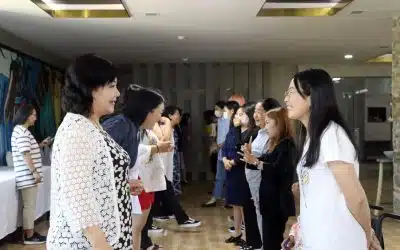



Three enormous cheers, Khru Tee, for all your work! I hope very much that the progress you and the Rak Chiang Khong foundation continues and hope for a “Mekong Community agreement to fairly regulate the annual flows/dam discharges and retention periods in such a way that commercial “needs” are placed after community needs…